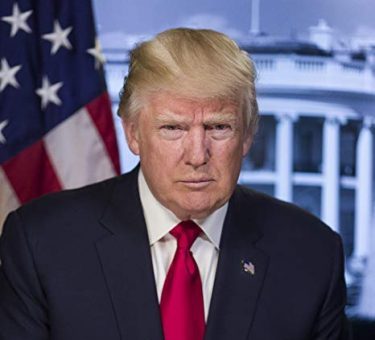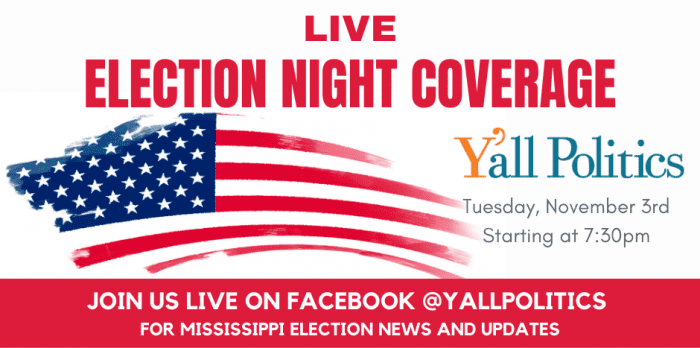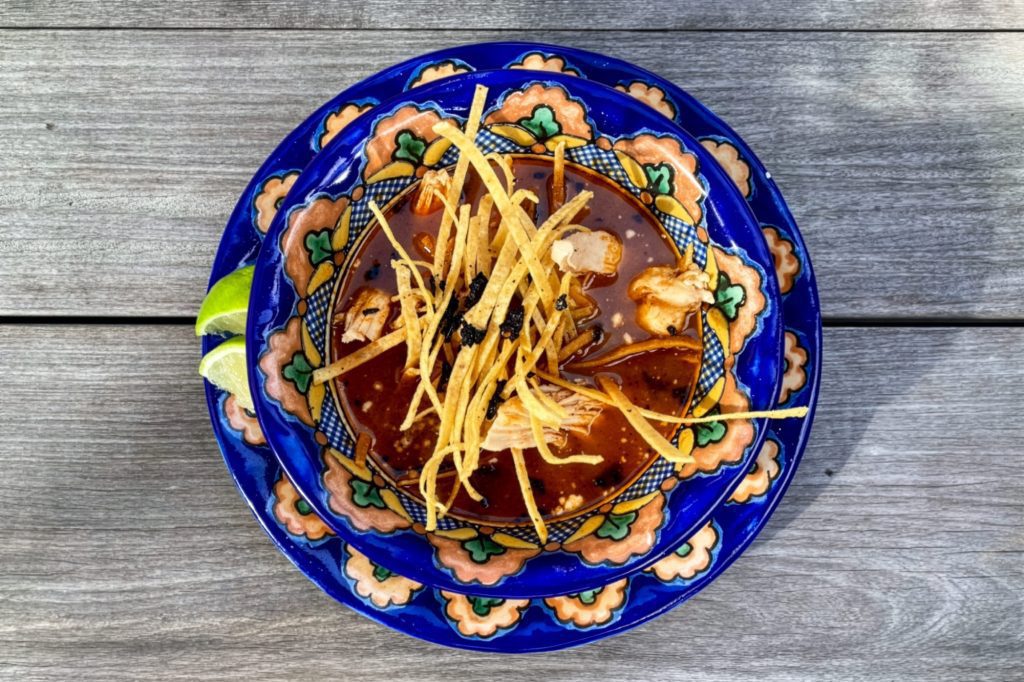
State Health Officer Dr. Thomas Dobbs with the State Department of Health offered his opinion on Initiative 65, the medical marijuana program on the November 3 ballot.
“There are a lot of misconceptions, a lot of things that people don’t understand about these initiatives. I wanted to go through them and hopefully dispel some of these misconceptions,” said Dobbs.
Dobbs said that because many people don’t understand what Initiative 65 is really about, it could leave Mississippi in a surprising place come a year or two from now. As the managing organization listed in Imitative 65’s language, MSDH would be responsible for maintaining the program. Dobbs expressed extreme concern that the department would not be about to constrain the marijuana industry if this comes to pass.
Initiative 65 would be “chiseled in stone,” as Dobbs put it, if it is to pass. That means, whatever is in there cannot be altered from a regulatory perspective or legislative perspective. In order to do that, another ballot initiative would have to be passed.
“Please understand that if we vote for Initiative 65 we are going to put all of these tenants in the Constitution and they cannot be changed or controlled by the Department of Health which would be the agency responsible for administering the details, nor could the legislature,” said Dobbs.
He encouraged the public to really take time and read the Initiative, line by line to get a full understanding of how the program will operate.
Dobbs also took issue with some particular parts of how the program is constructed. The program is designed so that an individual can be given a certification card in order receive marijuana. There is no prescription or dosage attached to that certification card. While Initiative 65 does list the specific medical issues, you must be diagnosed with in order to be eligible, he says some of them are pretty broad.
He goes so far as to say that a doctor could put down any necessary diagnosis in order for a patient to be able to receive medical marijuana, if they saw fit.
“What would happen then is someone with this card, would then go to a dispensary and select the type of marijuana they wanted,” said Dobbs. He said those substances could include edibles, blunts, joints or even vapes. He said that the language does not allow MSDH to prohibit any of these forms from being accessed, even though he does not believe all of them are medicinal.
Dobbs said this imitative would allow someone to buy up to 300 joints a month, and there is nothing the Department of Health could do about it.
Jamie Grantham, Communications Director for the Medical Marijuana 2020 campaign, said that a qualified patient must be certified by a Mississippi licensed physician in order to use medical marijuana.

“The certification requires an in-person examination and applies to the list of 22 qualifying medical conditions as listed in Initiative 65,” said Grantham “Physicians can certainly consult patients on dosage and type of marijuana, just like any other medication. The purpose of a regulated medical marijuana program is for qualified patients to be able to have this treatment under the care of their physician.”
Dobbs also believes this initiative could be harmful to communities as it does not limit the number of dispensaries around the state. It also supersedes local zoning.
“We’ve seen what’s happened in other states like Oklahoma which is pretty similar in structure with what we are looking at in Initiative 65,” said Dobbs. “They have over 2,000 dispensaries. One in 12 people in Oklahoma has a medical marijuana card.”
He believes Mississippi will have a similar experience.
Grantham however, says that the program laid out is conservative and was carefully written based on best practices from other conservative programs like Arizona and Florida.
“Oklahoma’s program is not conservative and was not used as a model in crafting Mississippi’s program under Initiative 65,” said Grantham.
While many Mississippians have pushed for a medical marijuana program to reap the benefits of tax revenue, this program will not generate tax profit. There are fees attached and can be generated to support the program, but there would be no taxes. With no taxes means no support of schools, law enforcement and other services that might be needed due to the presence and use of medical marijuana.
“This could be a transformative moment for our state,” said Dobbs. “I think if you look at states like Oklahoma and states that have done things very similarly to understand we would be voting in the most liberal medical marijuana access in the country. It could change the makeup of our state.”
Initiative 65 as well as Initiative 65 A will appear on the ballot on November 3.











